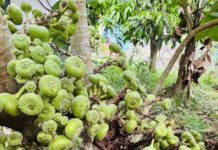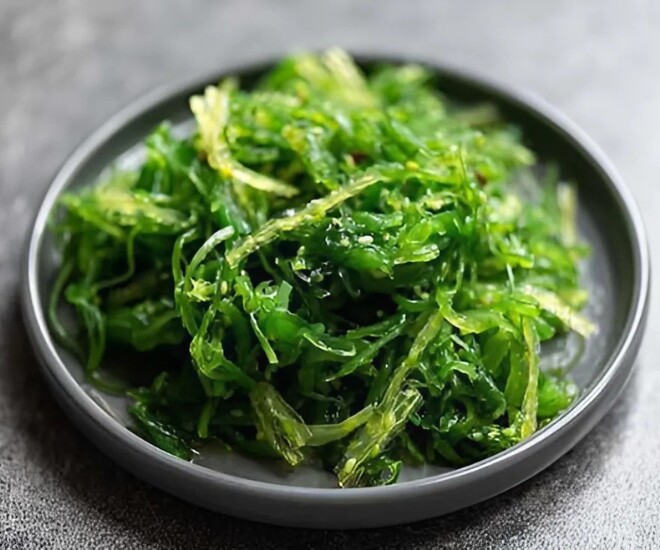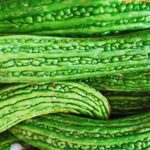Among the myriad of healthy foods consumed by the Okinawans, two particular vegetables stand out as golden secrets to their longevity and well-being. One comes from the vast ocean, and the other is a bitter fruit packed with myriad benefits. Both are easily accessible, especially the latter, which can be found in abundance in Vietnamese markets.
1. Seaweed
Seaweed has long been an integral part of the Okinawan diet and is considered a “golden secret” due to its superior nutritional value.
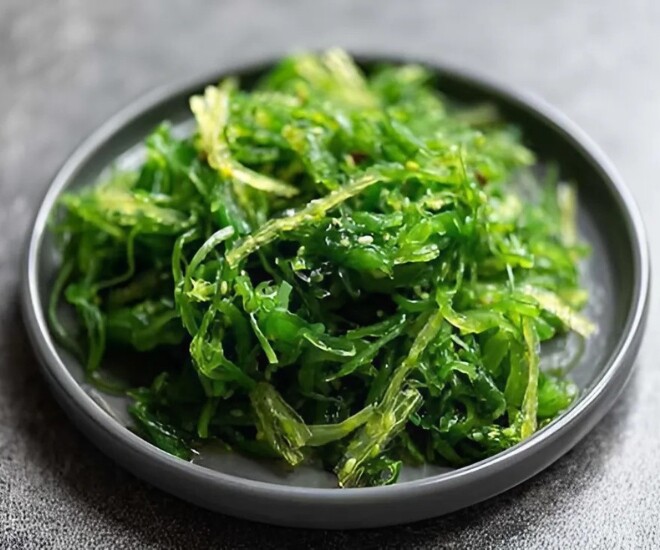
Seaweed is a favored food in Okinawa. (Illustrative image)
Seaweed is rich in vitamins (A, C, and E), minerals such as calcium, iron, and iodine, and antioxidants like flavonoids and carotenoids. These compounds protect cells from free radical damage, reduce inflammation, and support cardiovascular health. Research from Kyoto University indicates that seaweed can lower blood pressure and reduce the risk of stroke in individuals with cardiovascular disease.
Notably, the brown seaweed Mozuku, primarily harvested in Okinawa, contains fucoidan, a compound believed to possess anti-tumor properties. Okinawans commonly incorporate seaweed into dishes such as miso soup, salads, or serve it alongside sashimi, maximizing its nutritional benefits while keeping calories low.
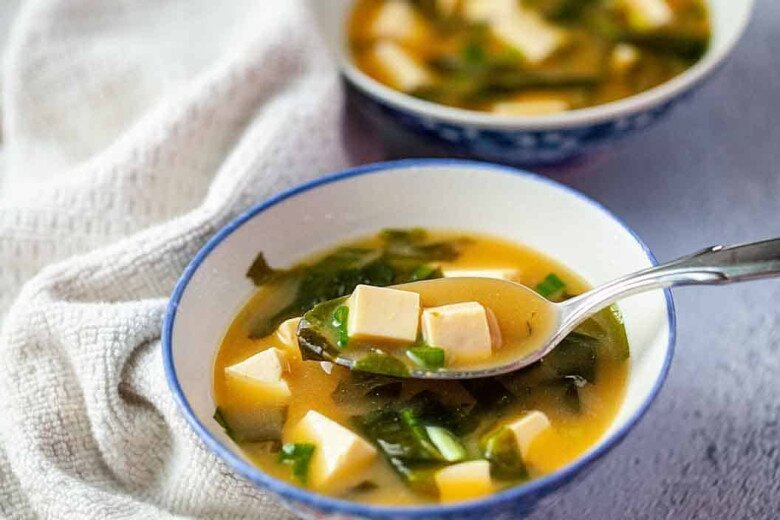
Miso soup with seaweed is also considered a secret to the longevity of the Japanese. (Illustrative image)
Surveys show that Okinawans maintain stable blood pressure, low cholesterol levels, and sharp minds well into old age, thanks to their regular consumption of seaweed. However, the subtle fishy taste of seaweed may deter some if not prepared correctly.
To reap the benefits, you can add seaweed to soups, mix it into salads, or enjoy it as a dried snack.
2. Bitter Melon
Bitter melon, also known as bitter gourd or Goya in Okinawan, is a staple food in the diet of Okinawans, who inhabit what is known as the “island of longevity.” This vegetable has a distinct bitter taste that may deter some, but it is rich in the antioxidant flavonoids, which promote healthy cell growth and reduce inflammation.
According to a study by New York University, bitter melon aids in blood purification, detoxifies the body, improves digestion, and enhances blood circulation, thereby reducing the risk of cardiovascular diseases such as angina, heart attacks, and atherosclerosis.
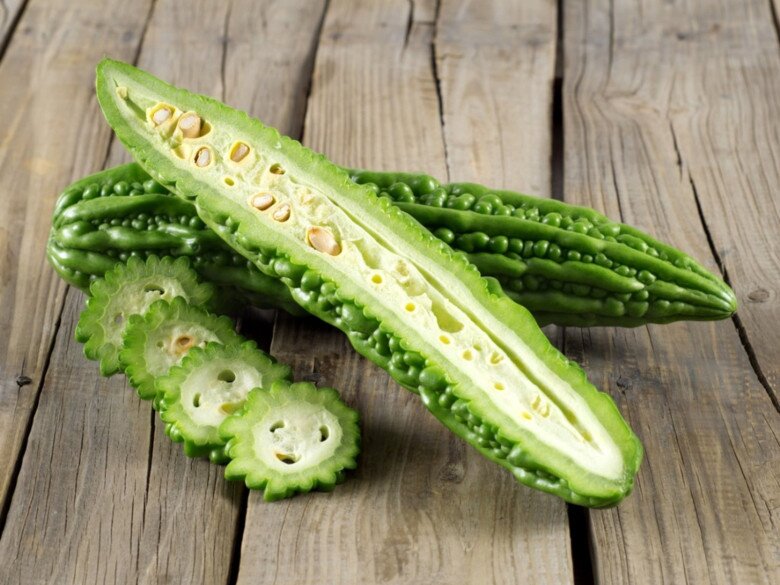
Bitter melon can reduce the risk of cardiovascular diseases. (Illustrative image)
Bitter melon also contains compounds that help lower blood sugar levels, making it beneficial in preventing diabetes. Okinawans commonly prepare bitter melon in a dish called Gōyā chanpurū, a stir-fry that combines tofu, vegetables, and sometimes meat or tuna, resulting in a delicious and nutritious meal.
In Vietnam, bitter melon is a familiar and affordable vegetable readily available in local markets and supermarkets. You can incorporate bitter melon into your diet by stuffing it with meat, stir-frying it with eggs, or cooking it in soups, just as the Okinawans do. The regular consumption of bitter melon, coupled with the Okinawans’ low-calorie, plant-rich diet, has contributed to their healthy physiques, stable cardiovascular health, and prolonged lifespans.
Don’t Sleep Facing These Two Directions: It Brings Illness and Financial Loss
Sleeping positions are an important aspect of a good night’s rest, and it is crucial to avoid certain directions. Sleeping with your head turned in these two directions can not only harm your health but also negatively impact your wealth and prosperity. Be mindful of this advice to ensure a peaceful slumber and maintain a harmonious home.
The Secret to Reducing Bitter Melon’s Bitterness by 70%: A Trick Up Your Sleeve.
Bitter melon, or bitter gourd, is renowned for its cooling and health-boosting properties. However, its intense bitterness can be off-putting to many, making it a challenging vegetable to consume. The key to enjoying this nutritious treat lies in minimizing its bitter taste, thus making it more palatable for those who wish to reap its benefits without enduring an overpowering bitterness.

















